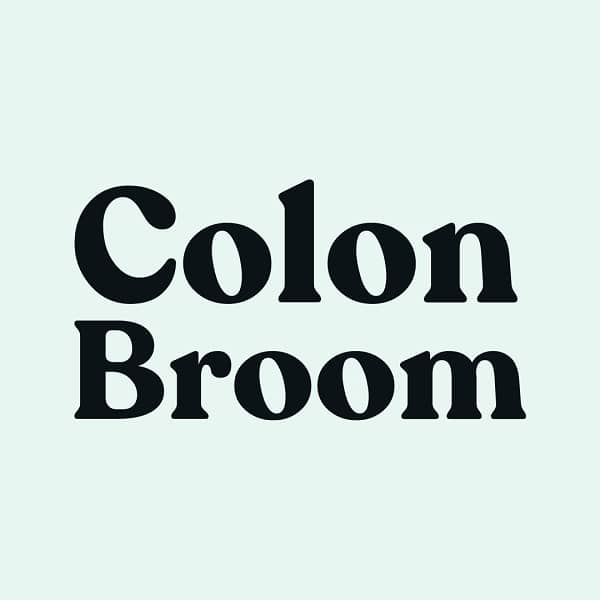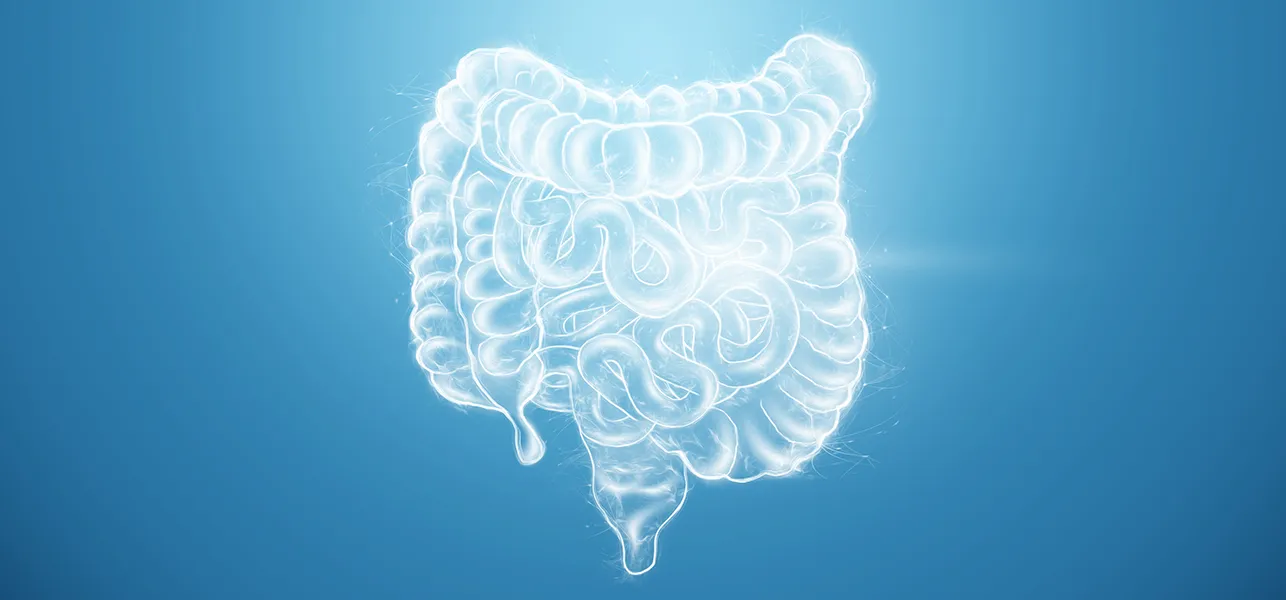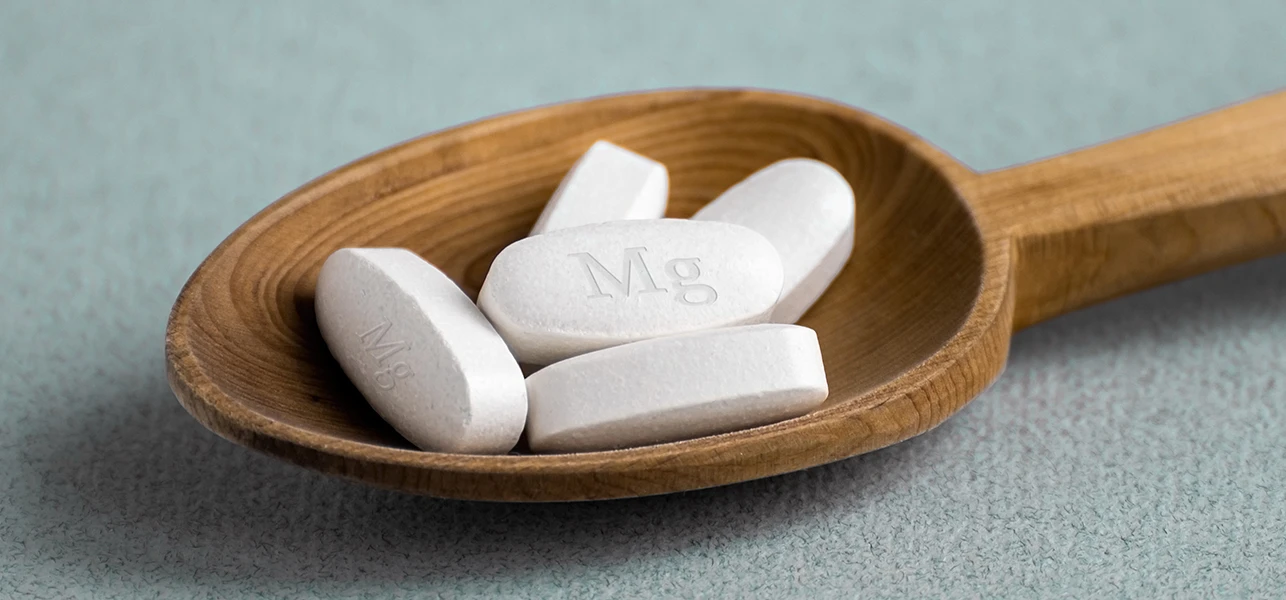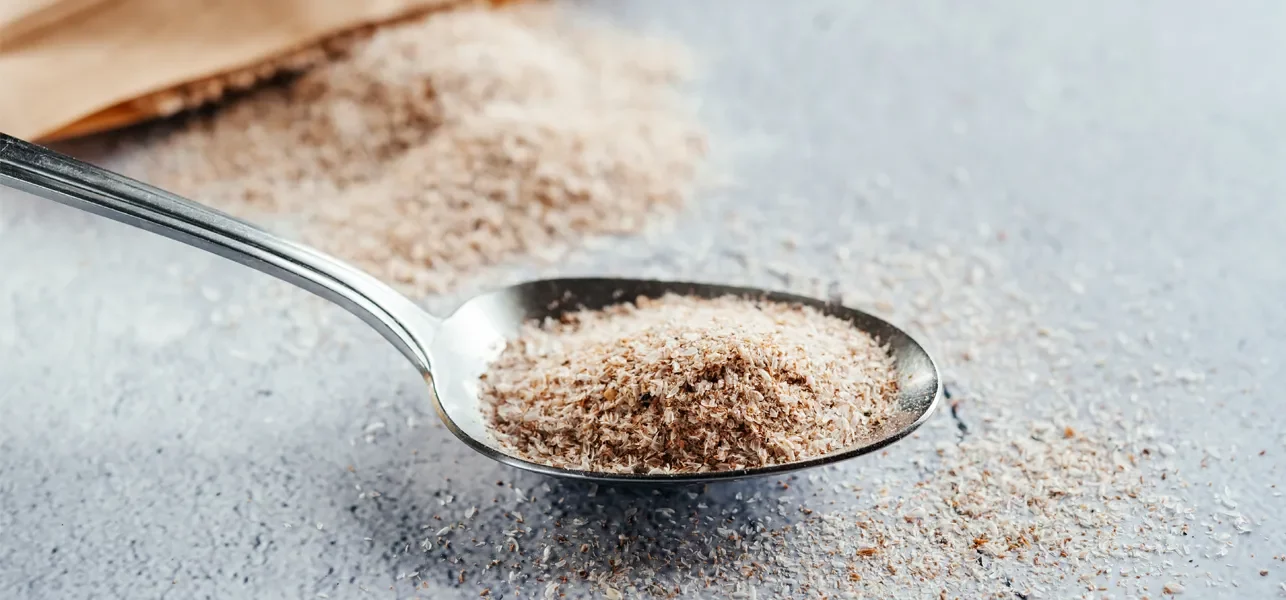Do Antibiotics Cause Constipation?

While the consumption of antibiotics can be beneficial for general health issues, there’s an array of possible side effects. But could antibiotics cause constipation? Actually, the most well-known side effect, affecting around 1 in 10 people taking antibiotics, is digestive distress.
Digestive distress encompasses symptoms of nausea, upset stomach, infrequent bowel movements, abdominal cramps, back pain, as well as diarrhea.
With recent research indicating that over 4 million Americans suffer from frequent bouts of constipation, understanding why chronic constipation occurs is fundamental to achieving improved gut health.
Do antibiotics cause constipation?
Taking antibiotics does have the potential to cause constipation, and it is one of the most commonly experienced side effects. As a result, it’s important that you only take antibiotics when recommended by a doctor to avoid further compromising your gut health and immune system.
Antibiotics work by making changes to your gut flora, which is made up of a combination of microorganisms (also known as gut bacteria) that reside in your large intestine.
Within the gut flora, beneficial bacteria are present. This ensures the healthy functioning of the gut and your intestinal muscles.
When you are unwell or in need of antibiotics, it is usually due to an increased amount of pathogenic bacteria in your gut. This can lead to bacterial infections, causing you to feel sick.

Advertisement
While antibiotics are potentially lifesaving and a crucial medication to take depending on your gut bacteria levels, they cannot differentiate between these bad and good bacteria.
Therefore, as it destroys the pathogenic type, it also gets rid of the essential bacteria that your body needs to function.
The “good” gut bacteria, such as Akkermansia Muciniphila and Lactobacillus Acidophilus, are responsible for helping your body to digest food for a painless and easy bowel movement.
When you lack this type of beneficial gut bacteria, the body struggles to break down complex sugars, causing constipation.
How do antibiotics affect the digestive system?
As outlined above, antibiotics can wreak havoc on your gut health. A high dose or long-term consumption of antibiotics can disrupt and upset the normal flora balance between the good and bad bacteria in the gut.
Maintaining the right balance is integral for optimized digestion for frequent weekly bowel movements.
Constipation occurs when the food you eat cannot be broken down or absorbed by the body effectively.
As antibiotics destroy the beneficial bacteria as well as the bad, any surviving good bacteria cannot produce enough enzymes to efficiently break down the food into smaller, more manageable particles.
As a consequence, the food waste is too big to comfortably move through your body’s digestive tract, leading to bloating and abdominal pain.
This will commonly result in stool becoming trapped in the rectum, causing stomach upset, feelings of fullness, and ultimately, constipation.
Other possible antibiotic side effects
Not everyone will experience symptoms of constipation or diarrhea during antibiotic use. Other possible antibiotic side effects to look out for include:
- Tight throat
- Bloating in the stomach
- Feelings of fullness
- Indigestion
- Loss of appetite
- A red or pink skin rash that is raised and itchy
- Coughing
- A rapid heartbeat
The above symptoms may be signs of an allergic reaction, so make sure to contact your doctor straight away if you experience wheezing or breathing difficulties.
Treatments for constipation
ColonBroom is an organic dietary supplement that can safely empty and cleanse your bowels for an effective cure for constipation. In the form of a powder, ColonBroom can be easily added to drinks for minimal fuss and discrete consumption.

A safe and effective way to relieve constipation
- Contains the goodness of natural ingredients
- Includes psyllium husk as a star ingredient
- Might help to combat constipation
- Boosts energy and cleanses the gut
- Easy to consume and can be used twice a day
ColonBroom offers relief from constipation and bloating, all the while soothing internal inflammation for improved energy levels and enhanced immune system support.
Utilizing natural prebiotics as key active ingredients, the bowel cleansing supplement assists the colon in expelling waste and moving it through the large intestine at an optimized speed.
The 5 main functional ingredients are psyllium husk, citric acid, sea salt, crystallized lemon, and silicon dioxide.
#1 Psyllium husk
Psyllium husk is a powder that works as a natural laxative by absorbing water. It is naturally rich in fiber, which encourages a bowel movement, causing quick relief from feelings of uncomfortable fullness.
Psyllium husk is also resistant to absorption, which aids its regulation of blood sugar levels, high cholesterol, and triglycerides for more manageable stools.
#2 Citric acid
Citric acid helps detoxify the body and regulate metabolic acidosis. This is when your body experiences a build-up of acid, contributing to feelings of nausea, fatigue, and loss of appetite.
Studies have also shown a link between antibiotics and acidosis. Therefore, taking ColonBroom after a course of antibiotics will aid restoration of the body’s normal acidity levels.
#3 Sea salt
Another key ingredient in ColonBroom is sea salt. Known for its treatment of constipation, non-iodized sea salt can successfully cleanse the colon and detox the body.
#4 Crystallized lemon
Crystallized lemon uses the natural laxative effects of citric acid to aid digestion and fight off toxins. Lemon juice also contains vitamin C, which is often used in laxatives and stool softeners for constipation and pain relief.
#5 Silicon dioxide
Silicon dioxide completes the active ingredients in ColonBroom to remedy constipation and digestion issues, as well as safely detox the body.
Past research demonstrates the internal healing qualities of silicon, with a study by the Medical College of Virginia finding that silicon supports the digestive tract tissue with repairs and maintenance.
Additionally, silicon can treat constipation by absorbing toxins in the large intestine to aid stool passage.
Tips to restore gut health after antibiotics
Improving your gut health will have a beneficial impact on not just your digestive system but your overall health as well!
Try doing the following to restore gut health:
- Drink more water.
- Eat more probiotic fibers (such as yogurt and fermented foods).
- Avoid sugar.
- Take part in regular exercise.
- Avoid consuming antibiotics when you don’t need to (always check with your doctor first).
- Have a good sleeping schedule.
Conclusion
Antibiotics can cause constipation. Fortunately, you can easily relieve the painful and uncomfortable symptoms with ColonBroom.
Fiber supplements contain a wealth of powerful, active ingredients for quick and effective results that normalize your bowel movements while reducing signs of bloating, feelings of fullness, and fatigue.

A safe and effective way to relieve constipation
- Contains the goodness of natural ingredients
- Includes psyllium husk as a star ingredient
- Might help to combat constipation
- Boosts energy and cleanses the gut
- Easy to consume and can be used twice a day







Comments (0)